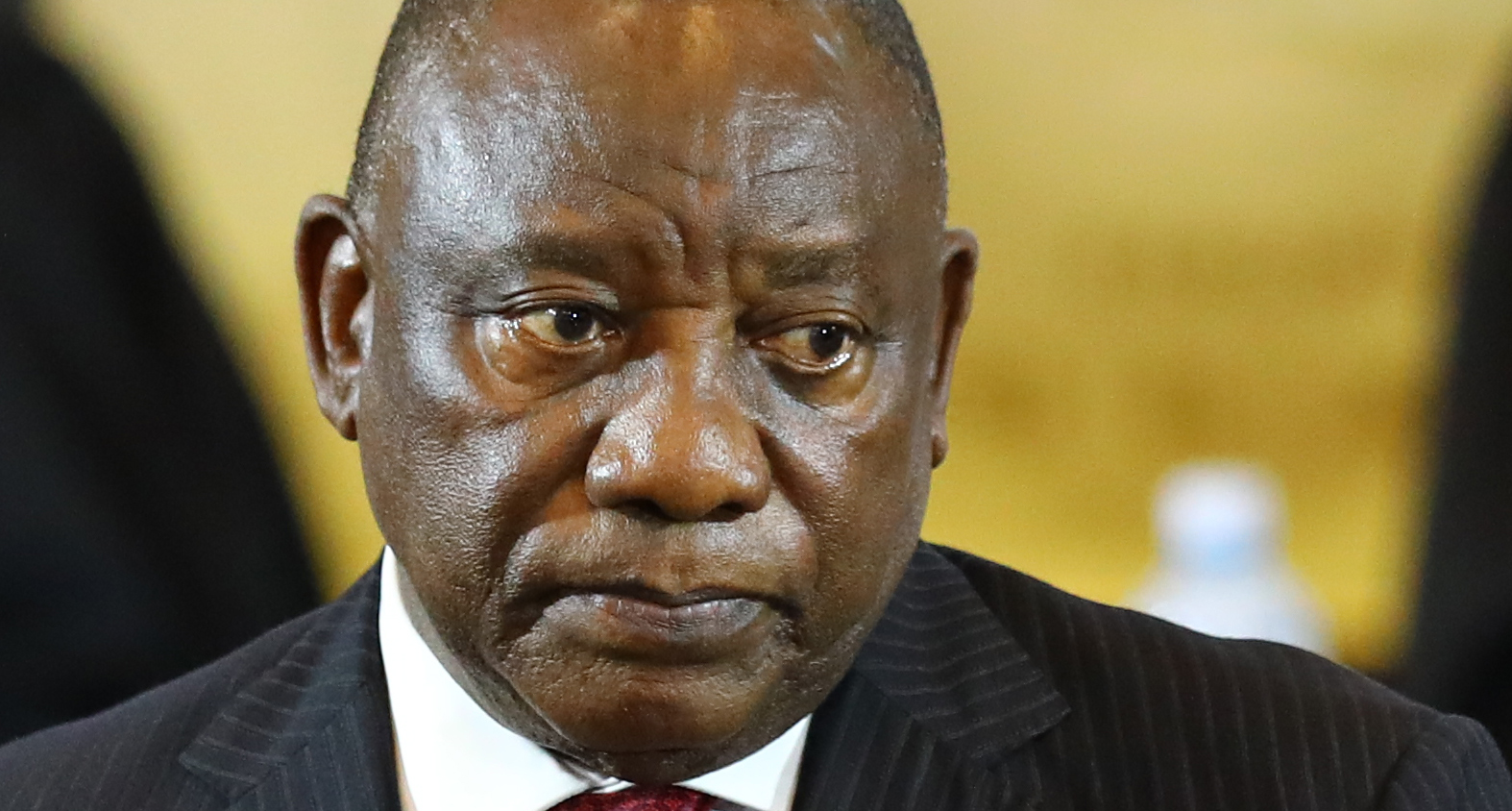This week, the government of national unity (GNU) will reach the 100-day benchmark, but signed ministerial performance agreements still seem some way off. The Presidency has said the work of government is not hampered by the absence of performance agreements.
“The ministers are being guided by the priorities of the seventh administration. Therefore, the absence of performance agreements is not derailing any work of the government,” Presidency spokesperson Vincent Magwenya told Daily Maverick this week.
In a parliamentary reply in August, President Cyril Ramaphosa said ministers in the GNU would only sign performance contracts once the 2024-29 Medium-Term Development Plan (MTDP) had been approved.
The Department of Planning, Monitoring and Evaluation is responsible for developing the MTDP, which departmental spokesperson Lawrence Ngoveni said is expected to be concluded this month, and presented to Cabinet for approval.
Magwenya confirmed that the finalisation of the MTDP, as well as performance agreements, were under way. But said he couldn’t comment on the timelines just yet.
The old ministerial performance agreements were based on the 2019-2024 Medium-Term Strategic Framework, and ran from June 2019 to April 2024. But most of the agreements were only signed in late 2020.
Read more: Clear as mud – ministers fly by the seat of their pants on Ramaphosa’s fuzzy performance measures
While the agreements were published online – a pledge Ramaphosa made in his 2020 State of the Nation Address – progress on those agreements was never made public. Publishing the ministerial performance agreements was ostensibly a nod to transparency, but without accountability.
In November 2023, the DA threatened to go to court to force Ramaphosa to make public the performance reviews of Cabinet ministers. The party had questioned the point of the ministers’ performance assessments if the findings would not be made public.
Minister in the Presidency responsible for Planning, Monitoring and Evaluation Maropene Ramokgopa revealed in a recent parliamentary reply that the performance agreements, once signed, would be made public.
“In line with the President’s commitment towards transparency the performance agreements with ministers have previously been published on government websites. This is in spite of the fact that the appointment of ministers is a constitutional prerogative of the President and there is no legislative framework requiring the publication of performance agreements of ministers.
“The President will once again be signing performance agreements with ministers and these will be made public on various government websites,” Ramokgopa said.
But it’s unclear whether ministerial performance assessments will be disclosed to the public. In response to Daily Maverick, Magwenya seemed to sidestep the question.
Performance agreements are also important for the purposes of ensuring that ministers respond to the expectations of the people on the ground.
“There is no pressing reason or legal requirement to make the performance agreements public because ministers and their departments report regularly to Parliament, which keeps the public informed about the progress they are making. The performance agreements are a tool for the President and the ministers to track the agreed areas of key performance,” said Magwenya.
DA national spokesperson Karabo Khakhau confirmed to Daily Maverick that the party would advocate for the publication of ministers’ performance assessments to be made public.
“Our involvement in the GNU doesn’t change the fact that South Africans must know how ministers and deputy ministers are performing in government,” Khakhau said.
It could suit the DA to have ministerial scorecards made public, in a move to try to outshine other ministers. The ANC’s national working committee had earlier raised concerns that the DA’s strategic communication machinery would be effective in making the party’s ministers appear incompetent, News24 reported.
Read more: GNU of rivals — ministers trying to outshine one another can improve overall governance
Daily Maverick’s Stephen Grootes has argued that a “rivalry” between DA and ANC politicians could lead to better governance.
Not just a box-ticking exercise
The signing and publication of performance agreements is not just a box-ticking exercise, said political analyst Levy Ndou, but is rather quite important.
“When you have a performance agreement, it also assists the president to make an informed decision whether you have been performing or not performing, and that also would inform the president’s prerogatives in terms of changing his Cabinet or redeployment of the ministers,” Ndou said.
“If there is no performance agreement, how then do you justify keeping an individual or removing that person from his or her position?” he continued.
Ndou said the publication of performance reviews should not necessarily be seen in a negative light.
“We should see them as an instrument that can also be used by political parties to ensure that their members in government are performing as expected,” he said. DM





 President Cyril Ramaphosa delivers the 2024 State of the Nation Address in Cape Town on 8 February. (Photo: Shelley Christians)
President Cyril Ramaphosa delivers the 2024 State of the Nation Address in Cape Town on 8 February. (Photo: Shelley Christians)